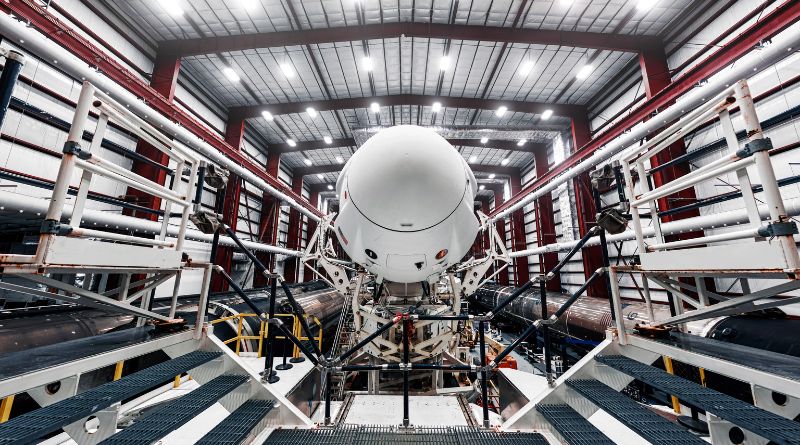Introduction to Biocentrism
Biocentrism, a concept popularized by Robert Lanza in his book “Biocentrism: How Life and Consciousness are the Keys to Understanding the Universe,” posits that life and consciousness are fundamental to the nature of the universe, not just mere byproducts of random physical processes. This theory challenges the traditional scientific view that physical reality forms the basis of the universe, suggesting instead that consciousness shapes the nature of reality.
Biocentrism’s Core Tenets
The central tenets of Biocentrism revolve around the idea that the universe is created by life and consciousness. Lanza argues that the universe does not exist independently of the observer, challenging the objective reality proposed by classical physics. Biocentrism incorporates elements from quantum physics, particularly the role of the observer in shaping the observed reality, to support its claims.
Scientific Scrutiny of Biocentrism
Despite its popularity in some circles, Biocentrism has faced substantial criticism from the scientific community. Critics argue that the theory cherry-picks from quantum physics and misinterprets the role of the observer. They contend that quantum phenomena, such as the observer effect, do not translate to macroscopic scales and do not imply that consciousness creates reality.
Debunking the Observer-Centric Universe
One of the key criticisms of Biocentrism is its interpretation of the observer effect in quantum mechanics. While it’s true that quantum experiments like the double-slit experiment raise questions about the role of observation, scientists argue that this does not mean consciousness is integral to the existence of the universe. Instead, the observer effect can be explained through interactions between quantum systems and measuring devices without invoking consciousness.
Biocentrism and the Problem of Consciousness
Biocentrism also delves into the realm of consciousness, proposing it as a fundamental aspect of the universe. However, this assertion faces the significant hurdle of explaining consciousness, a subject that remains one of the greatest mysteries in science. The theory offers little in the way of a concrete explanation for consciousness, relying more on philosophical postulation than empirical evidence.
Empirical Evidence and Biocentrism
A major criticism of Biocentrism is its lack of empirical evidence. Unlike theories in physics that are supported by experimental data, Biocentrism is largely speculative. The scientific method relies heavily on observable and measurable evidence, and in this regard, Biocentrism falls short.
Biocentrism vs. Established Scientific Theories
Biocentrism’s claims often clash with well-established theories in physics and biology. For instance, the theory’s suggestion that the universe adjusts to life contradicts the fundamental principles of evolution and cosmology, which show that life adapts to the universe, not the other way around.
Philosophical Critique of Biocentrism
From a philosophical perspective, Biocentrism is often seen as a form of idealism, a doctrine that places mind over matter. However, it lacks the rigorous philosophical argumentation found in traditional idealist positions. Critics argue that Biocentrism oversimplifies complex philosophical debates about reality and consciousness.
Conclusion: Biocentrism’s Position in Scientific Discourse
In conclusion, while Biocentrism presents intriguing ideas, it remains far from a scientifically validated theory. Its reliance on philosophical conjecture and selective use of quantum physics, coupled with a lack of empirical evidence, undermines its credibility in the scientific community. While it stimulates discussion on the nature of consciousness and reality, Biocentrism, as it stands, does not provide a viable alternative to established scientific theories.


















